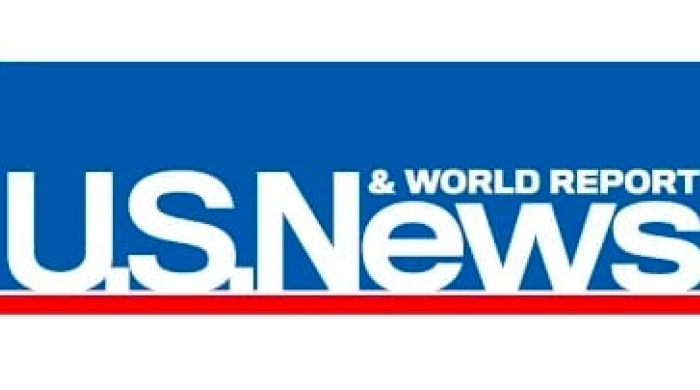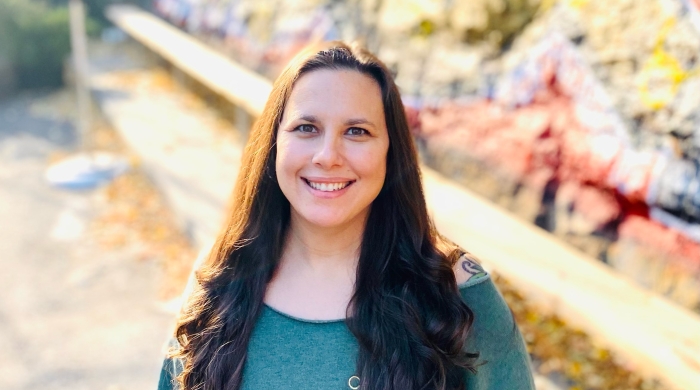Parker Lynch is an entrepreneur, inventor, teacher, and co-founder of Born & Raised in Detroit, a social justice fundraising innovation, which is a model for community giving.
Parker Lynch (MA '13), is a graduate of the Department of Teaching and Learning's dual masters program in childhood education and special education. In 2007 he gave up a career in Search Engine Optimization (SEO) in Detroit to teach kindergarten at Wells International School in Bangkok,Thailand, where he discovered the strategy of gamification in education, which shaped his future teaching endeavors.
Parker is the co-founder and executive director of Born and Raised in Detroit Foundation and the CEO of HedgeHog Health where he is revolutionizing education technology and wellness for families with children diagnosed With Autism Spectrum Disorder (ASD) and ADHD. We spoke with him about his career path to innovation and invention.
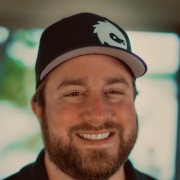
The Hoglet was inspired by a student who wasn't able to bring his fidget device into the computer lab."
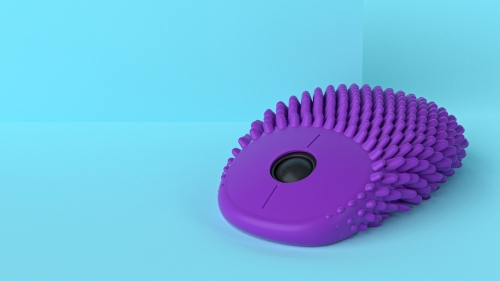
At HedgeHog Health, you're tackling some of the educational challenges faced by families whose children have ASD or ADHD. Can you tell me about the Hoglet mouse?
The Hoglet is the world's first fidget toy + computer mouse. It functions as a normal computer mouse, but has a molded food-grade silicone cover that has pliable "nubs," optimized for fidgeting. As someone who was diagnosed with ADHD late in life, I have always been a fidgeter. I also am on the computer for hours each day, as many of us have been since the pandemic began, and I need to fidget to stay focused during long meetings. The Hoglet is a functional fidget that allows users to work and stay focused. The unique biomimicry look of the Hoglet and its vibrant colors brighten up even the most drab looking computer labs and office cubicles.
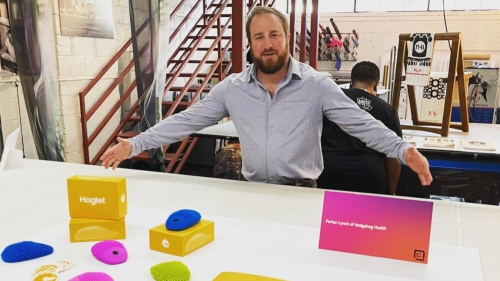
Parker Lynch with hoglet mouse prototypes.
Was there an "aha" moment in designing the Hoglet? What are you working on now?
The Hoglet was inspired by a student who wasn't able to bring his fidget device into the computer lab. The student had a meltdown after parting with his fidget device, and I immediately googled "fidget computer mouse" and nothing appeared. I filed a patent after doing further research and it was granted about a year ago. At around that same time, I started a Kickstarter campaign to prove that a fidget computer mouse was a viable and necessary product. Our Kickstarter goal was $65,000 in 30 days, and we eclipsed $71,000 raised by over 1,200 unique individuals.
Currently, we are working on providing ABA services to individuals with Autism Spectrum Disorder (ASD) in the state of Florida, and plan to expand to service more states. We use a unique combination of data to help our clients achieve best outcomes, and with our "speed to service" model, we are expediting diagnosis and services, which are often delayed in the current autism landscape. Additionally, we are working on creating a newer version of the Hoglet that works in concert with our software, which gives the user the positive feedback of vibration and light.
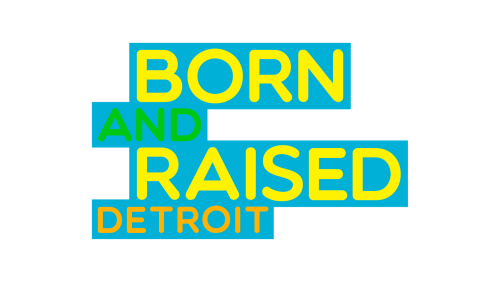
Tell us about the Born & Raised Detroit Foundation. What's in its future?
I started Born & Raised Detroit Foundation almost accidentally. It originally was intended to be a one-off event during Thanksgiving to bring our friends together, many of which had moved away from Detroit. We used our party as a fundraiser, and donated the proceeds to a a Detroit-based youth charity. After we had that first event, many of our friends in Chicago and New York asked if we could host a similar event in those cities, and so we became a 501c3. Since 2009, we have remained 100% volunteer and have donated over $500,000 to a host of Detroit-area nonprofits to help the youth of Detroit. I would love to be able to continue having events for Born and Raised, but Covid has made live events difficult for the past couple of years.
I have a dream where Born and Raised could eventually be Born and Raised in... (fill in city), and operate in multiple cities, benefitting charities around the USA. The events would be organized by each city's local community and pay homage to the hometown, with locally-sourced music and food.

The key to navigating the uncertainty is to not be afraid to pivot multiple times to adapt to change."
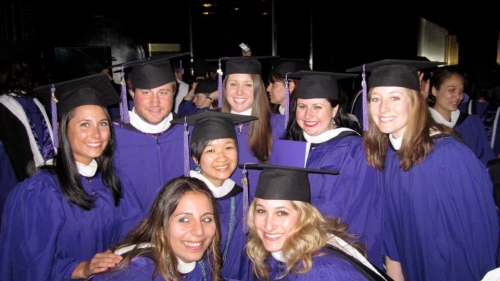
Parker Lynch (first row, second from left) with friends at NYU Steinhardt's Valedictory Ceremony.
How did your education at NYU Steinhardt influence your career trajectory?
I credit the fantastic professors at NYU Steinhardt for encouraging me to be creative in the classroom, which has positively influenced my creativity with HedgeHog Health. Additionally, NYU Steinhardt did a great job of placing me in diverse schools with unique learners. All of my placements were so different and I had the opportunity to see the latest in education technology, which has always been fascinating to me.
What advice do you have for this generation of students who are coming of age during this uncertain time?
My advice for this generation of students would be to try and use this uncertainty to your advantage. This is the perfect time to challenge the status quo and reflect on how industries can be improved by doing things differently. HedgeHog Health was launched during the pandemic; I saw it as the perfect time to use the extra hours of the day to create a business plan and reach out to family and friends to get feedback. The key to navigating the uncertainty is to not be afraid to pivot multiple times to adapt to change. Be stubborn to succeed, but not too stubborn to be malleable with your gameplan.
Related Articles
NYU Steinhardt Celebrates Prestigious Faculty and Alumni Awards
The Steinhardt School celebrates faculty and alumni whose powerful, visionary work has been honored with prestigious awards.
NYU Steinhardt Ranks #4 Among Best Graduate Schools of Education
US News & World Report ranks NYU Steinhardt the #4 best graduate school of education in the nation.
Putting People and Community First: Questions for Jill Moses (BA '07, MA '08)
Jill Moses, founder and CEO of the Inspired Community Project, discusses her nonprofit foundation and her vision for equitable access to special education and resources.


